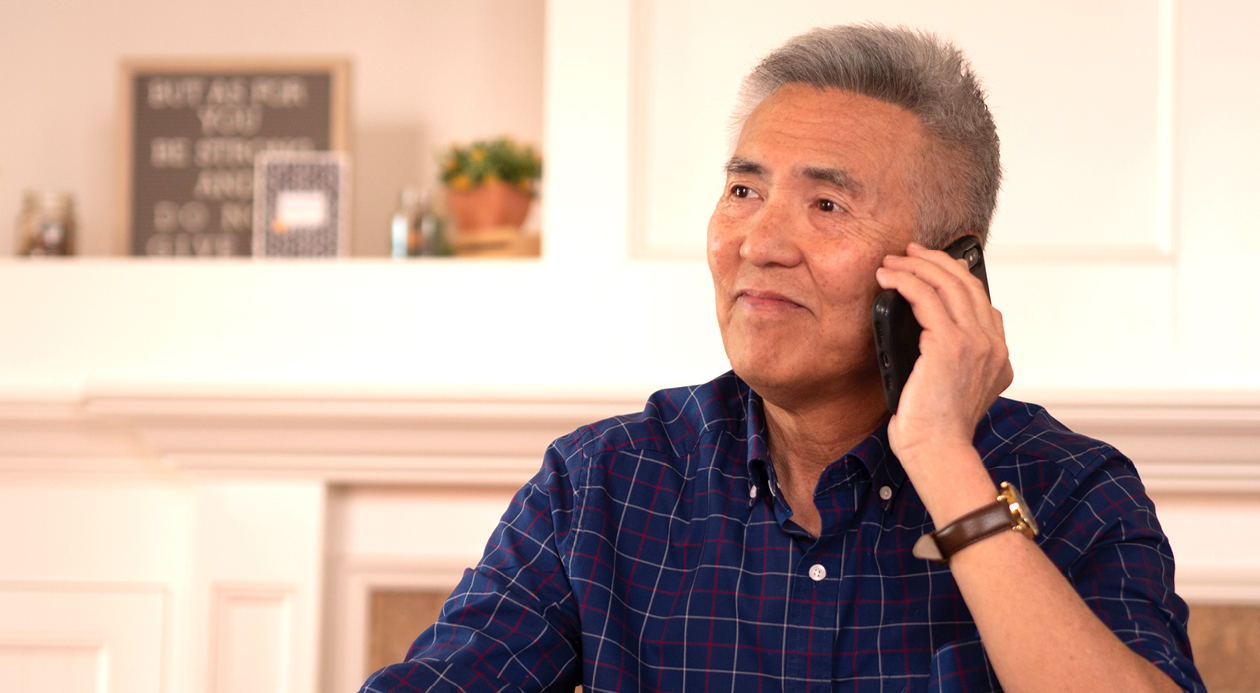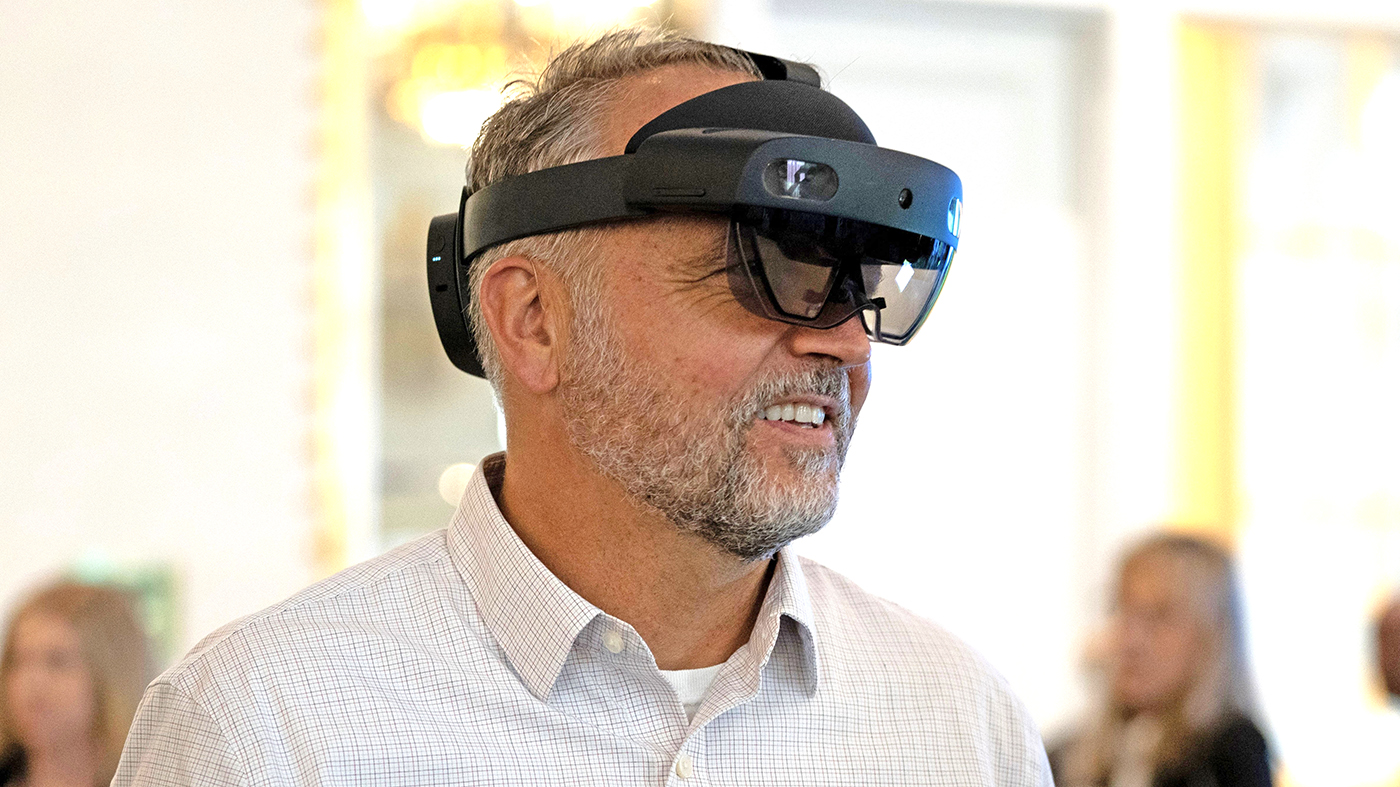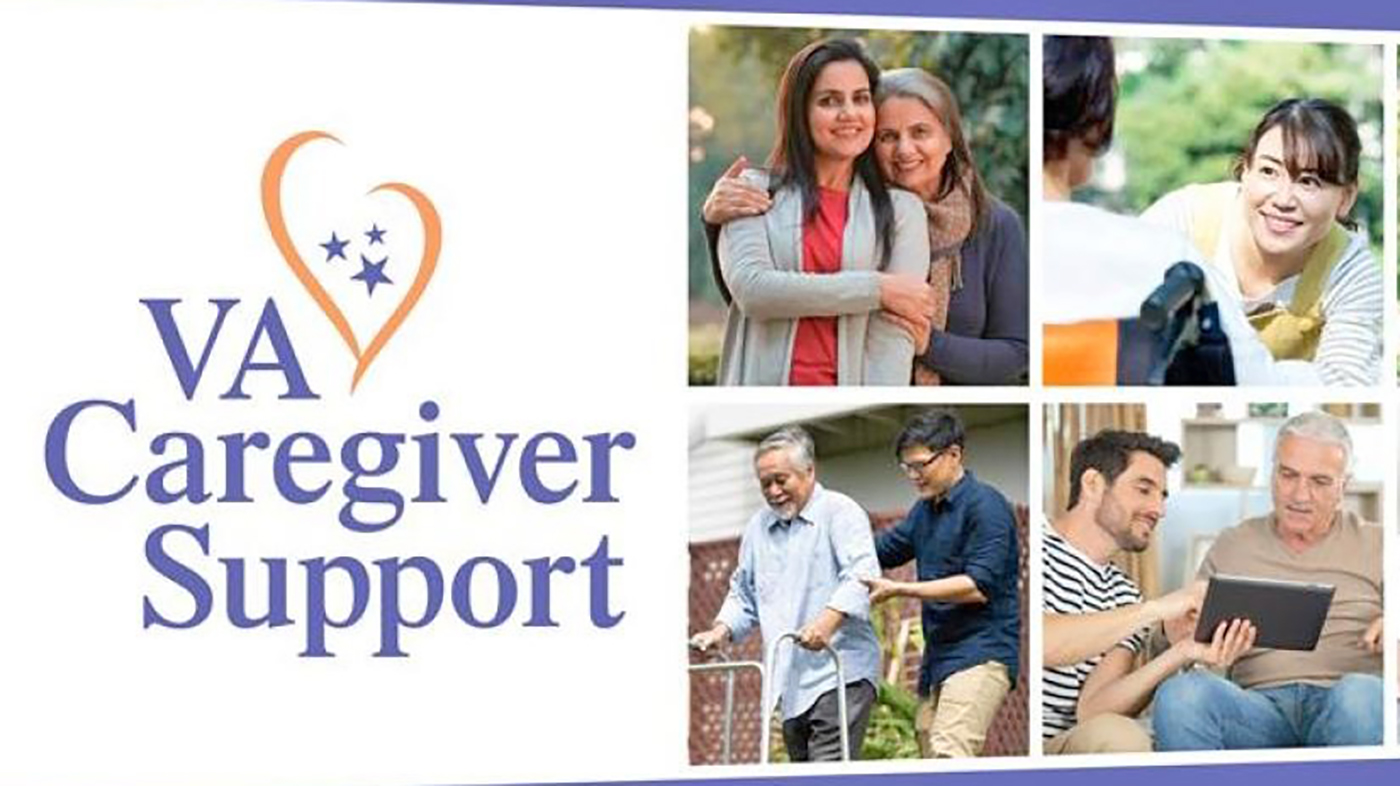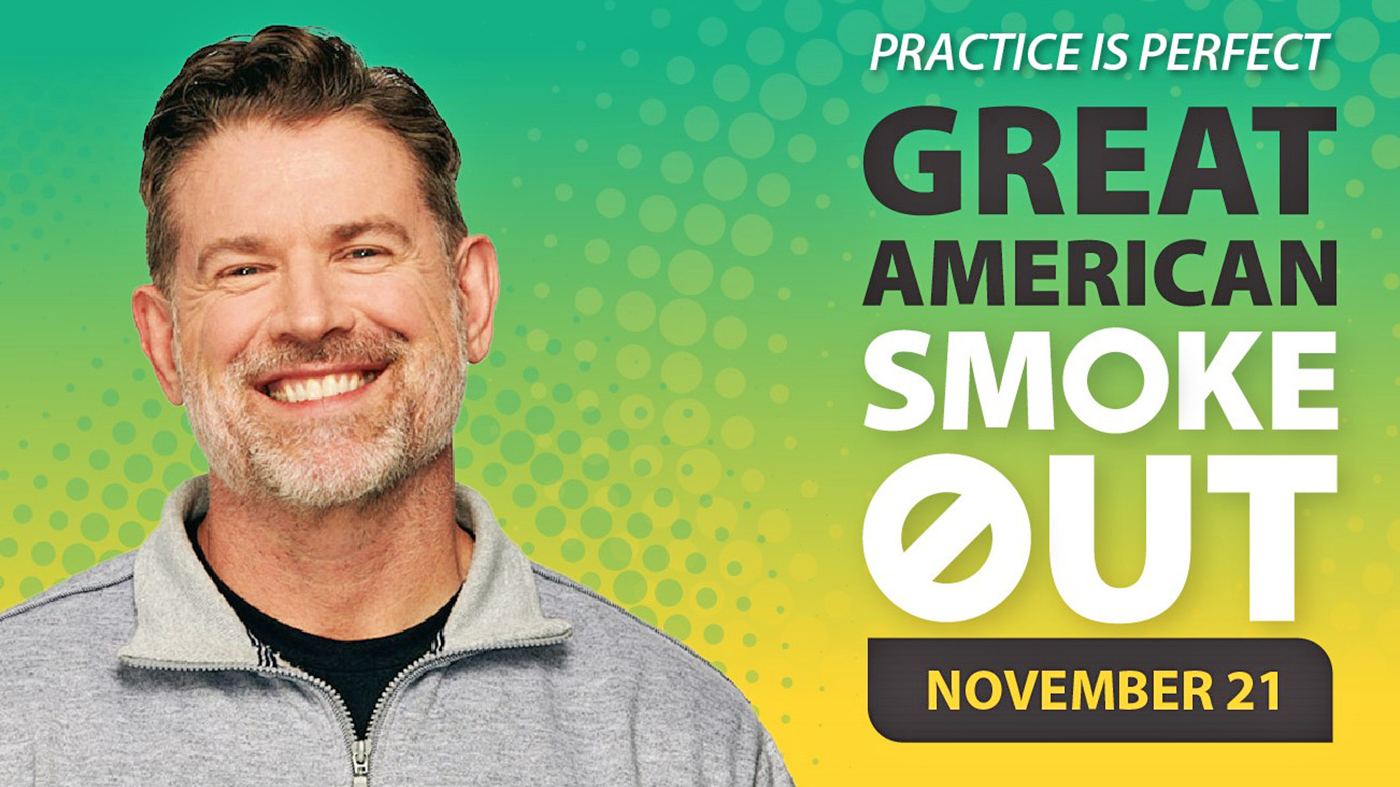For more than a year, many of us have limited our contact with others and kept our distance whenever possible. The unexpected increase in isolation has made it difficult to maintain existing social connections, much less create new ones. Physical distancing has meant a solitary existence for many, especially older adults, who were at increased risk of loneliness before distancing began.
To decrease social isolation and the risk factors that accompany it, VA created a program to help older Veterans practice behaviors that enhance their physical, mental and social well-being.
What is the program?
The new program, called VA Connection Plans, aims to empower older Veterans by giving them tools for addressing mental health challenges that have arisen from social isolation.
It was developed by the VA Capitol Health Care Network Mental Illness Research, Education and Clinical Center, and it was offered to Veterans in Maryland and Arkansas in collaboration with the Little Rock Geriatric Research Education and Clinical Center.
This program is based on the cognitive behavioral model and helps Veterans set goals to support their connectedness, holistic health and overall well-being. This short-term intervention can be delivered by Veteran peer specialists as well as social workers, psychologists and other mental health care professionals.
How does it work?
In the VA Connection Plans intervention, program facilitators work with Veterans to create personally tailored plans that include mind, body and social goals. In the first of two phone sessions with a facilitator, Veterans set goals to:
- Transform negative thoughts (mind). Veterans observe how their mindset and thought patterns affect how they feel. Facilitators and Veterans work together to jointly create goals that are Specific, Measurable, Achievable, Relevant and Time-based (SMART).
These goals help shift the Veteran’s mindset in a way that improves their mental well-being. Using positive coping statements or engaging in prayer, meditation or a pleasant distraction are examples of ways to respond to negative thoughts when they arise.
- Change unpleasant physical sensations (body). Facilitators explain the connection between the mind and body and talk about the importance of taking care of the body in times of stress. Veterans can create SMART goals related to soothing and attending to their bodies, such as taking regular walks or practicing muscle relaxation.
- Increase social engagement (social). Facilitators explain the importance of socializing and how the lack of it can negatively affect both physical and mental health. Veterans can create SMART goals to increase their sense of connectedness. These goals can include pursuing in-person or virtual social interaction but also can include participating in any activities that help the Veteran feel more connected to the world around them, such as spending time in nature.
“The VA connections program gave me suggestions of how to extend my boundaries and still feel safe,” said Margaret, a Navy Veteran who participated in VA Connection Plans while experiencing increased isolation during the COVID-19 pandemic.
After completing the program, she reflected on what she liked about her experience: “Someone reached out to let me know I wasn’t alone and encouraged me to take comfortable steps to expand my socialization and break out of my rut.”
Take the next step
It is vital to develop and maintain social connections, especially during stressful events like the COVID-19 pandemic. Working toward goals established through the VA Connection Plans intervention can improve your mental health and your overall quality of life.
Creating a VA Connection Plan can also be helpful during other major life transitions, such as transitioning out of service, retiring, or when you are seeking a renewed purpose in life.
“Sometimes you need someone to get behind you and give you a little nudge in the right direction,” said Margaret.
Now in Maryland and Arkansas… more states to be added
The VA Connection Plans team is working to expand the program to serve Veterans at more VA medical centers.
In the meantime, older Veterans who would like to participate in VA Connection Plans and are enrolled at the VA Maryland Health Care System should call 410-605-7000, while Veterans enrolled at the Central Arkansas Veterans Healthcare System should call 501-257-1000.
When you call one of these numbers, mention that you’re calling about VA Connection Plans to get connected with the staff member who can best assist you.
Resources
- Visit the VA Connection Plans webpage to learn more about the two therapeutic sessions and receive information about related resources and upcoming opportunities.
- Download the VA Connection Plans intervention manual to learn more about the program’s offerings.
Topics in this story
More Stories
Barry Peterson shares his experience as a VA virtual reality provider and user and how it helps him connect with other Veterans.
Caregivers ensure care for our Veteran’s doesn’t stop when they leave a VA medical center.
For the Great American Smokeout, explore VA resources and learn why every attempt to stop smoking is a step toward success.







Going into the pandemic, I thought I would not have any problems with isolation, as I had been isolating myself for years. But that was wrong. I did miss being with other people. The casual kind of companionship I would ordinarily get from shopping, had satisfied my desire to be with people. But when that was gone, I realized I needed more meaningful relationships with other people. Yes, relationships are challenging, but life without them is lonely and monotonous. So I have learned the value of relationships from the pandemic, and I won’t go back to that lonely isolation that I took shelter in for many years.
As far as I am concerned, any program that helps older veterans connect with others, and enjoy life more, is valuable and I hope other veterans will utilize it to get more pleasure out of life.
These programs are self serving, some internist/ fellowship project.
Minimal care is not good care.
Another useless government program that just waste taxpayers money. If you want to help senior citizens get rid of the copayment s so the senior Veterans can afford to get the help they need.